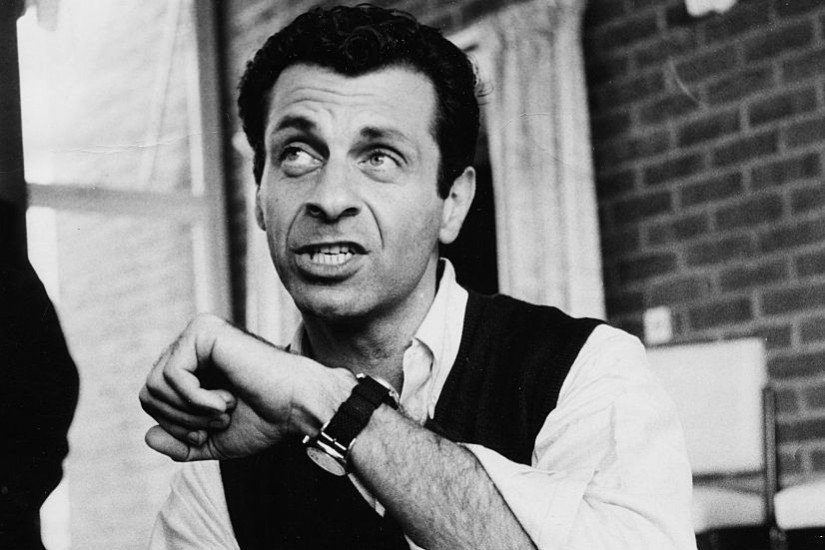Unlike quite a lot of people who have written on this subject, Dauber, a professor of Yiddish at Columbia University, is not frightened to answer the question of why Jews are good at comedy with reference to reams of learned allusions to the Hebrew Bible and rabbinical folklore. But, as the author himself acknowledges, it is almost always the case that, however Jewish many significant twentieth-century comics have been, scarcely any of them have been practising Jews. Indeed, most hardly bother to mention religion. “The Bible, taken as a whole”, as he says – not the most insightful moment in generally a very insightful book – “is not funny.” Even the most overtly Jewish comedian of them all, Jackie Mason, who was raised to be a rabbi, and whose shtick can seem to boil down to “gentiles do this, Jews do that”, rarely talks about how Jews pray, or what they believe.
Instead, Jewishness in comedy – what, in other words, is actually Jewish about the comedy of these secular Jews – is elusive, a bit like Judaism’s conception of the afterlife. Sahl, when first approached with the idea that his act was pervasively Jewish even though he rarely drew on his ethnicity directly, is quoted as saying, “If the role of the Jew is to rock the boat and to be inquisitive – intellectually curious, that is – fine. Classic role”. It is an interesting concept: that Jewishness in comedy is subversive but also something that can be identified in comedians whether or not they wear it on their sleeve. Lenny Bruce, who was – if I can be a bit goyish for a moment (though let’s not forget that both of these guys were actually Jews) – Jesus to Sahl’s John the Baptist, is described by Dauber as having “an almost pathological hatred of phoniness” – to the point that he wasn’t, latterly, that interested in laughs, if they got in the way of his truth: “I’m not a comedian”, he would say, “I’m Lenny Bruce”.
